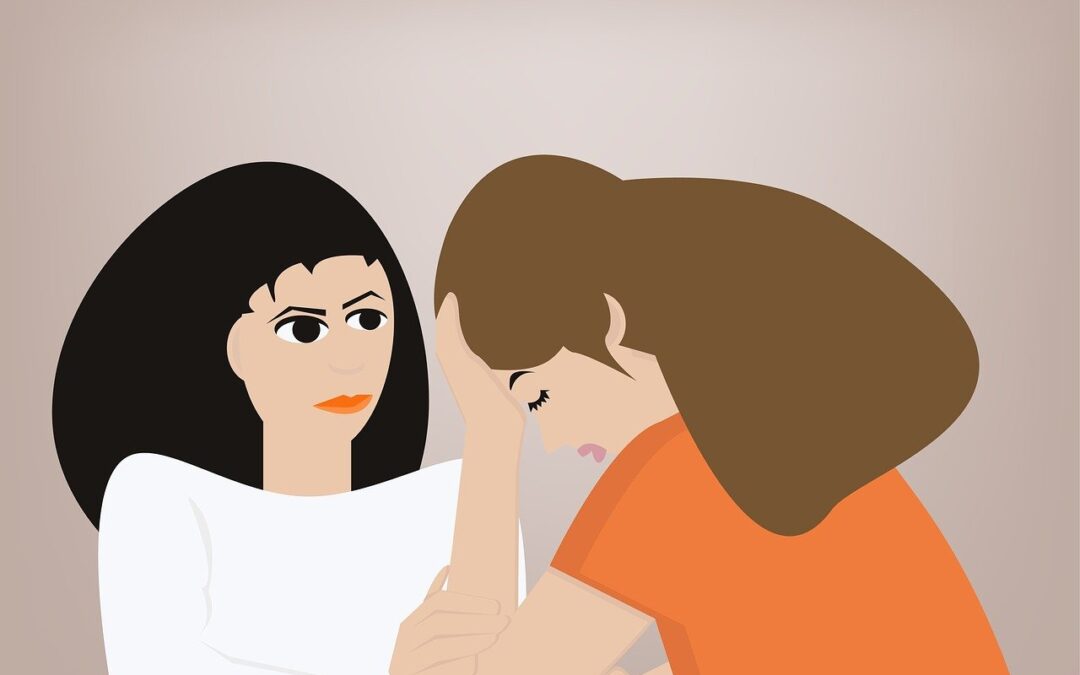When it comes to supporting individuals with restrictive eating disorders, such as anorexia nervosa or orthorexia, the phrase just eat more is often thrown around with good intentions. However, this oversimplified advice fails to acknowledge the complex psychological and physiological factors that contribute to these disorders. In this article, we will explore why telling someone to just eat more is not only unhelpful but can also be detrimental to their recovery.
1. Ignoring the underlying causes:
Restrictive eating disorders are not solely about food or a lack of willpower. They are complex mental health conditions influenced by a combination of genetic, environmental, and psychological factors. These disorders often stem from deep-rooted emotional issues, body image concerns, perfectionism, trauma, or a need for control. Simply telling someone to just eat more disregards these underlying causes and oversimplifies the complexity of their struggle.
2. Invalidating their experience:
Telling someone with a restrictive eating disorder to just eat more can be incredibly invalidating and dismissive of their genuine struggles. It implies that their disorder is a matter of choice or willpower rather than recognizing it as a serious mental health condition. This kind of advice can further isolate individuals and make them feel misunderstood or judged, hindering their willingness to seek help.
3. Oversimplifying the recovery process:
Recovering from a restrictive eating disorder involves much more than just increasing food intake. It requires comprehensive treatment plans that address both the physical and psychological aspects of the disorder. Recovery involves therapy, nutritional counseling, medical monitoring, and support from professionals who specialize in eating disorders. Telling someone to just eat more overlooks the importance of these crucial components in achieving lasting recovery.
4. Disregarding physical complications:
Restrictive eating disorders can have severe physical consequences, including malnutrition, electrolyte imbalances, organ damage, and hormonal disruptions. These complications cannot be resolved by simply increasing food intake abruptly. In fact, doing so without proper medical supervision can be dangerous and potentially life-threatening. It is essential to approach recovery with a gradual and individualized plan that considers the person’s unique needs and health status.
5. Reinforcing guilt and shame:
Individuals with restrictive eating disorders often experience intense guilt and shame surrounding their relationship with food. Telling them to just eat more can exacerbate these negative emotions, making them feel even more inadequate or weak. This approach fails to address the underlying emotional struggles and may inadvertently reinforce harmful thought patterns associated with their disorder.
Supporting individuals with restrictive eating disorders requires empathy, understanding, and a recognition of the complexity of their condition. Telling someone to just eat more oversimplifies the challenges they face and disregards the underlying causes of their disorder. Instead, it is crucial to encourage them to seek professional help from experts who can provide comprehensive treatment plans tailored to their specific needs. By promoting understanding and compassion, we can contribute to a more supportive environment for those on the path to recovery from restrictive eating disorders.


